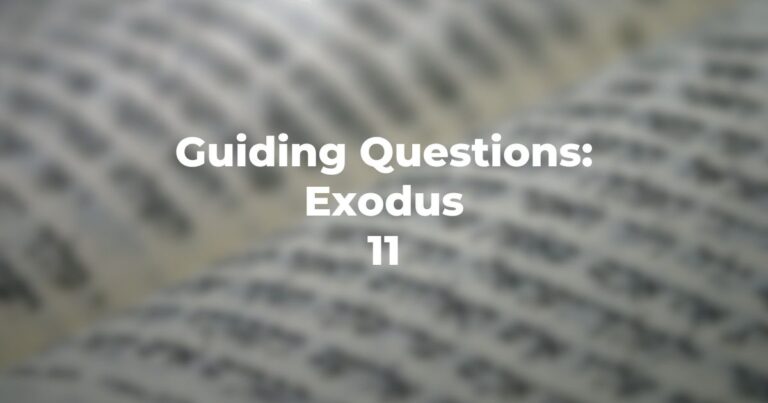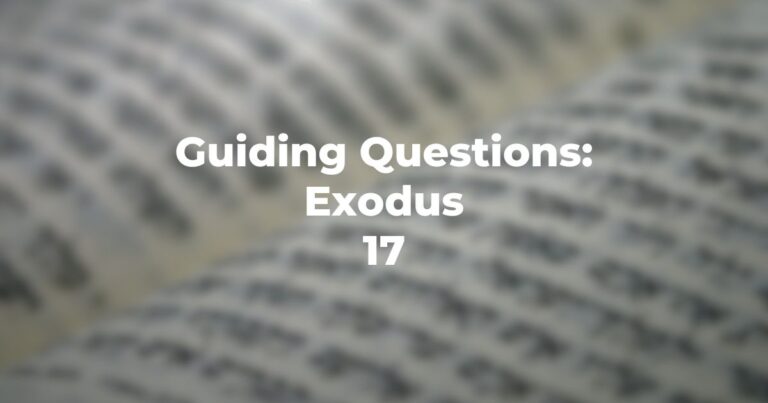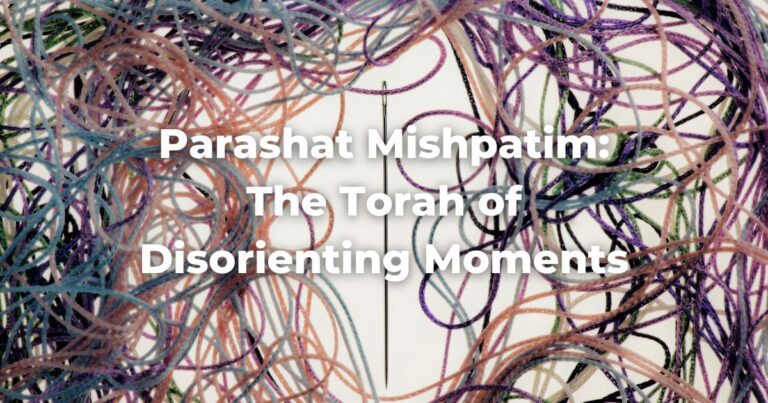- Although it is not specifically stated, who is the speaker in this chapter?
- Is Deuteronomy 4:2 to be understood as eliminating the possibility of interpretation or for “closing off” the addition of any major categories of legislation?
- According to Deuteronomy 4:8, when was the legislation given—before, or is it about to be given now?
- What does Deuteronomy 4:15 particularly emphasize as to the nature of Divinity?
- And, how does Deuteronomy 4:16 immediately apply this?
- According to Deuteronomy 4:21, what is the reason that Moses was not to cross the Jordan?
- Of all the violations that must be avoided, according to Deuteronomy 4:23, which is specified?
- In Deuteronomy 4:25-28, what is the result of failing to observe the mitzvot?
- But, according to Deuteronomy 4:29-31, what persists and will not change under any circumstances?
- And, according to Deuteronomy 4:35, what is clearly stated as to the nature of Divinity?
- Is it the virtue of the Israelites themselves or, rather, some other explanation for their selection (Deuteronomy 4:37)?
- How does Deuteronomy 4:39 affirm the statement of Deuteronomy 4:35?
- Would Deuteronomy 4:44 appear to be the actual introduction to the message of Devarim—namely the TorahRefers to the first five books of the Hebrew Bible, the Tanakh, also called the Five Books of Moses, Pentateuch or the Hebrew equivalent, Humash. This is also called the Written Torah. The term may also refer to teachings that expound on Jewish tradition. Read more and instruction?
- And, where does this instruction take place?
Author
-

Exploring Judaism is the digital home for Conservative/Masorti Judaism, embracing the beauty and complexity of Judaism, and our personal search for meaning, learning, and connecting. Our goal is to create content based on three core framing: Meaning-Making (Why?), Practical Living (How?), and Explainers (What?).
View all posts





